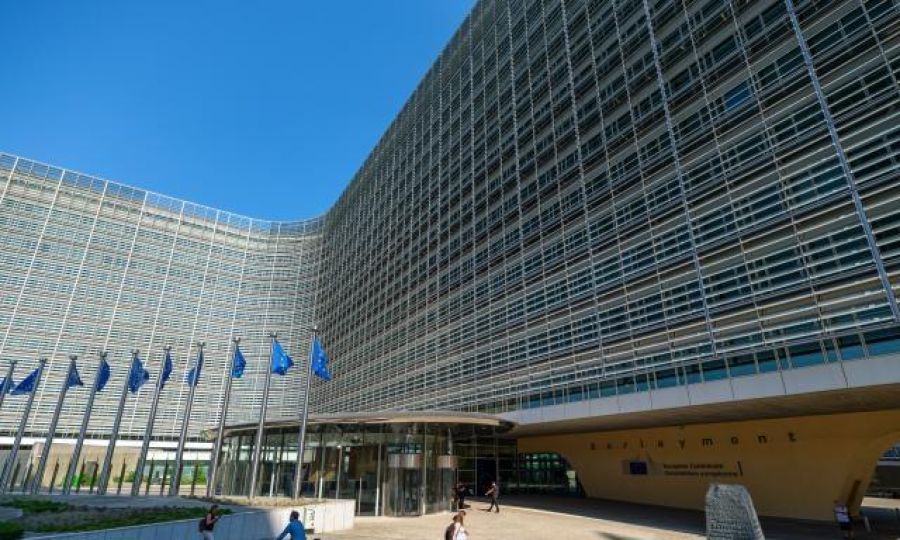The Cyprus Recovery and Resilience Plan Directorate is currently working with the European Commission to make amendments to the Recovery and Resilience Plan, according to Kathimerini’s Dorita Yiannakou in today’s Oikonomiki. The goal is to ensure timely implementation and to redirect funds from less popular projects to more promising ones.
Initially, 40 projects worth €350 million were approved, but some, such as medical tourism and electromobility, have not generated the expected interest. As a result, the plan is to modify these projects, which together account for about €20 million. The Recovery and Resilience Fund aims to replace these underperforming projects with ones that have greater potential for interest and absorption of funds.
Discussions between Cyprus officials and the European Commission took place recently, focusing on progress made on the Recovery and Resilience Plan. The Commission appears to be open to the proposed changes, but Cyprus still needs to submit written documentation and justifications to proceed.
Currently, health-related projects have a high success rate in absorbing funds, and there are no anticipated problems in disbursing the next €120 million tranche of the Recovery and Resilience Mechanism grant. The sixth tranche is also on track, as each tranche has specific milestones that must be met.
On another note, the European Commission’s team expressed concerns about Cyprus’s progress in green taxation initiatives. These taxes aim to reduce emissions by 3% to 3.5% by 2030, with a compliance cost reduction of €30 to €35 million by the same year. Legislation for these green taxes and compensatory measures is expected to be presented to Parliament in the autumn and is planned to take effect from January 1, 2025.
Cyprus has also been given a deadline of April 16 to advance legislation on Aggressive Tax Planning, which has not been fully addressed yet. The Commission has provided a six-month extension, but if the legislation is not passed by the deadline, Cyprus could face significant fines.
Overall, Cyprus’s main objective is to successfully pass reforms and make investments to benefit from both loans and grants provided by the European Union. So far, Cyprus has passed about 60% of the necessary legislation and reforms but still faces significant challenges in completing the remaining 40%.
*To read more of Dorita Yiannakou’s’ story and gain full access to in-depth reports (in Greek), subscribe now to Oikonomiki’s print edition and stay informed with comprehensive coverage on this and more!
